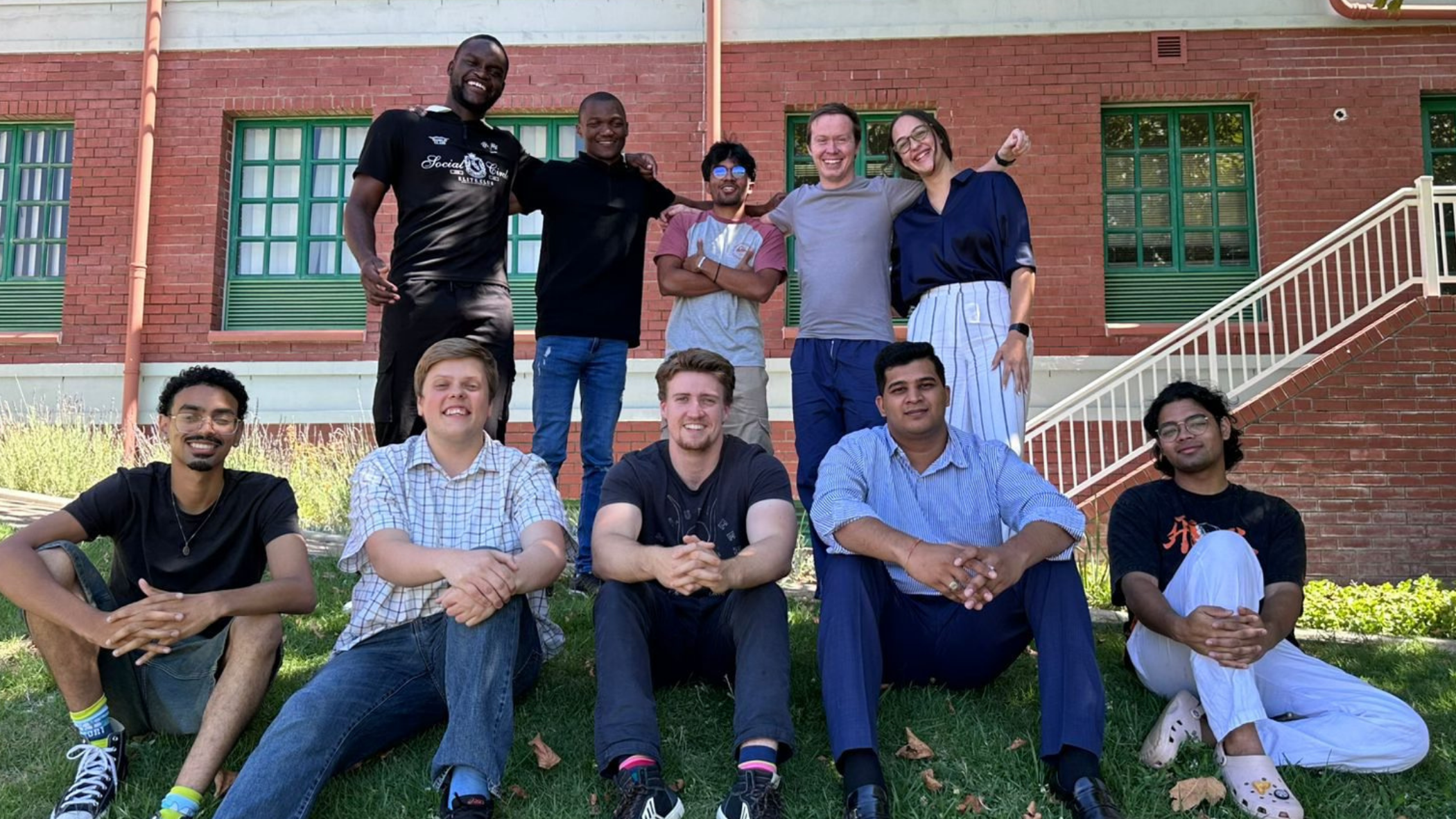Software developers are now in high demand. We are no longer the geeks confined to the back rooms of corporations, we are leading the transformation of enterprise – from the front. The change may have started in 2017 but next year, technology and digital transformation will be the big talking point for companies and governments who need to get into the digital conversation – how to serve their customers and citizens, better.
If 2017, was about introducing IoT, AI, Software Defined Networking (SDN) etc, then 2018 will be about using it. We’re learning to embrace these developments a whole lot quicker, so expect to see a proliferation of what some are calling; ‘application-aware-networking’ – optimising an application’s performance.
This of course, will include completely updating old IT architecture, integrating device management into IT infrastructure, and most definitely improving security – there will be a rise in end-to-end security protocols embedded into organisations’ DNA to prevent or at least manage, cyber-attacks.
Outsourcing is also going to become a major focus for the months ahead – businesses will increasingly stick to their knitting and choose to go outside, to work with the best partner for their needs, at the time. This will also see a rise in companies drafting in top Chief Digital Officers, who can straddle the core needs of the business, marketing and what’s happening in the tech arena to offer the company the best results.
Business Intelligence takes on a new meaning with the advent of what Gartner terms “event-driven” adaptive and predictive data analytics to counter business moments: “Enterprises should embrace “event thinking” as part of a digital business strategy. By 2020, event-sourced, real-time situational awareness will be a required characteristic for 80% of digital business solutions, and 80% of new business ecosystems will require support for event processing.”
Connectivity, digital inclusion – while the ‘first-world’ will concentrate on rolling out 5G and LTE, here in the developing world, we will be looking to getting millions of the digital excluded, included. This means using satellite, fibre, RAN, and a plethora of nifty energy solutions (or increasingly, a combo), to reach rural areas.
Teaching people how to use the tools they will then have at their disposal, becomes critical. This will open up a raft of innovation – by Africans for Africans – and being nimbler, than their more established counterparts, we predict enterprises will go on a shopping spree, acquiring start-ups, and the digitally savvy, to help them remain relevant and growing.


